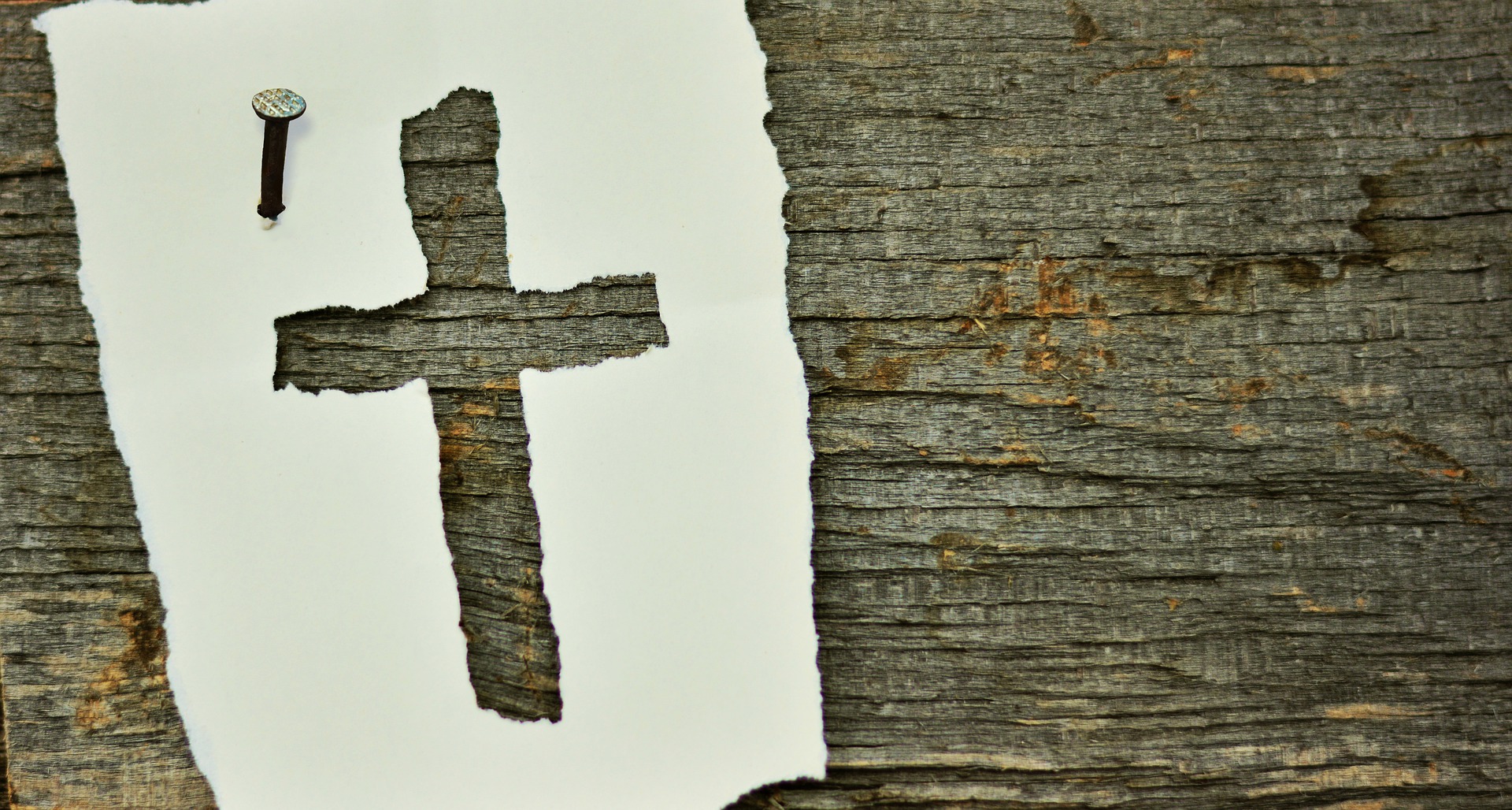
Sadly, death is just a part of life. And while adults can process this fact, despite it being very challenging to face in our own lives, teaching children about death and healthy coping strategies for grief can often be very difficult for parents or guardians.
Although many kids are exposed to elements of death through the media, being personally impacted by the death of a loved one is a whole different scenario. So if your child has a friend, family member, or pet that dies, it’s important that you’re able to help your child understand what’s going on and learn how to handle their emotions moving forward.
To help you in doing this, here are three tips for speaking with your children about death.
Avoid Euphemisms
Because death can be such a hard subject to talk about, especially if a loved one has just died, you might be tempted to try to soften the situation for your child. And while you might have good intentions, being unclear about what happened or what it means to have died can be very confusing for a child.
To help avoid this confusion, Deborah Serani, a contributor to Psychology Today, warns against using any type of euphemisms when speaking about death. When someone has died, make sure you use the terms “died” or “dead” rather than things like “passed away” or “is no longer with us”. By doing this, you’ll be able to better help your child understand what’s going on and begin the grieving process.
Know That This Will Take Multiple Conversations
Depending on the age and maturity of your child, it might take more than just one conversation for the reality of what’s happened to truly sink in.
According to Lisa Millbrand, a contributor to Parents.com, it’s very common for younger kids to continue asking the same questions about what happened or where their loved one is in the days or weeks following their death. While this can be hard for you to have to keep explaining, it’s good to know that your child isn’t trying to hurt you—they’re just trying to wrap their minds around this tough situation.
Prepare Your Child For Participating In Funerals Or Memorials
While you might think excluding your child from death rituals like funerals or memorial services will protect your child from this sad scene, Dr. D’Arcy Lyness, a contributor to KidsHealth.org, shares that involving your kids in these processes can actually be very beneficial for them.
Before any of these processes, make sure you speak with your child about what’s going to happen and what to expect. This preparation can help things go much smoother for everyone involved.
To help your children learn how to deal with loss and grief in a healthy and productive way, consider using the tips mentioned above as you speak with your kids about death.